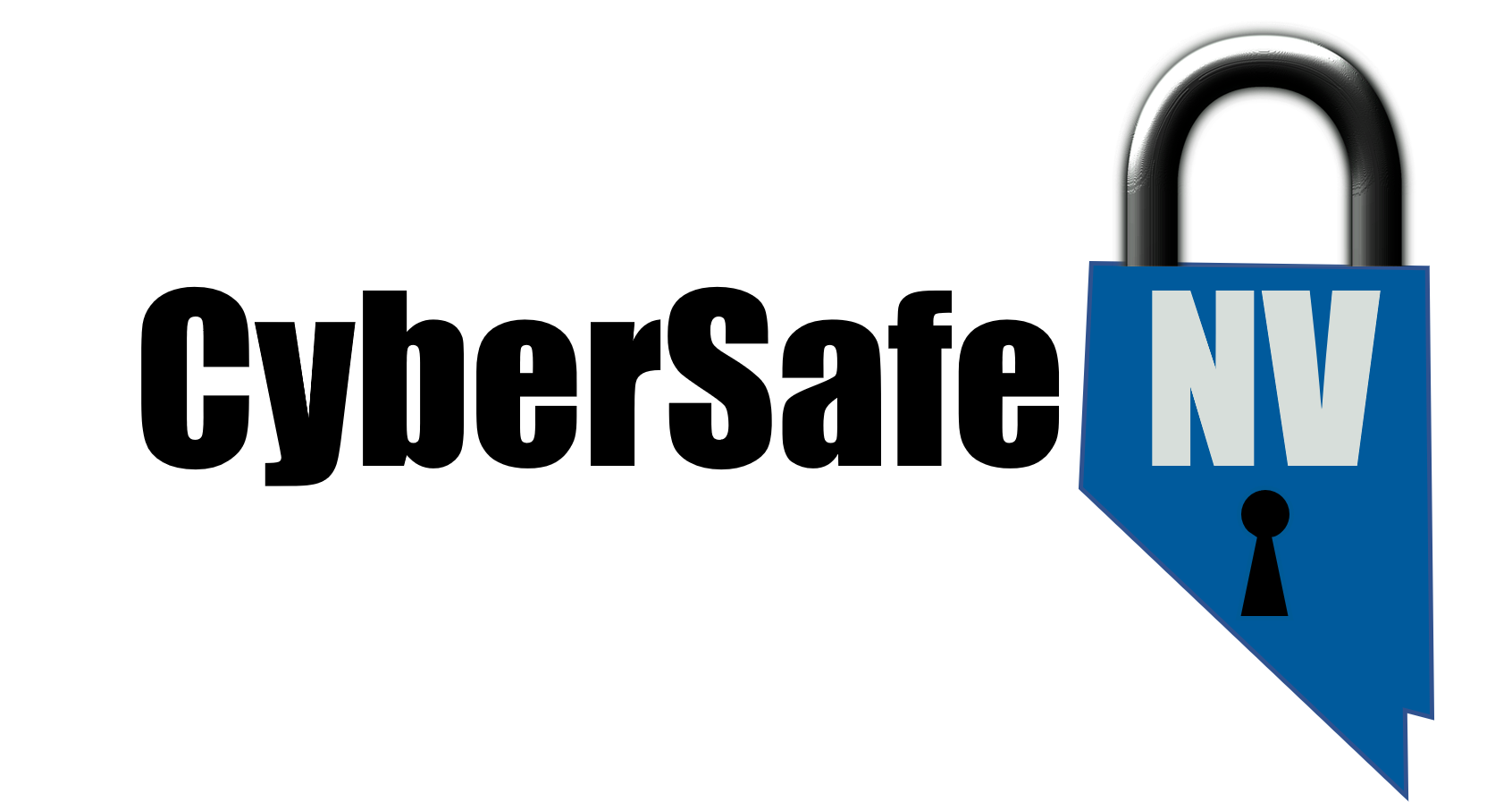When in doubt, throw it out: Links in email, tweets, posts, and online advertising are often the way cybercriminals compromise your computer. If it looks suspicious, even if you know the source, it’s best to delete or if appropriate, mark as junk email.
Get savvy about Wi-Fi hotspots: Limit the type of business you conduct and adjust the security settings on your device to limit who can access your machine.
Protect your $$: When banking and shopping, check to be sure the sites is security enabled. Look for web addresses with “https://” or “shttp://”, which means the site takes extra measures to help secure your information. “Http://” is not secure.
(Tips curated from STOP. THINK. CONNECT., the national online safety awareness campaign.)
